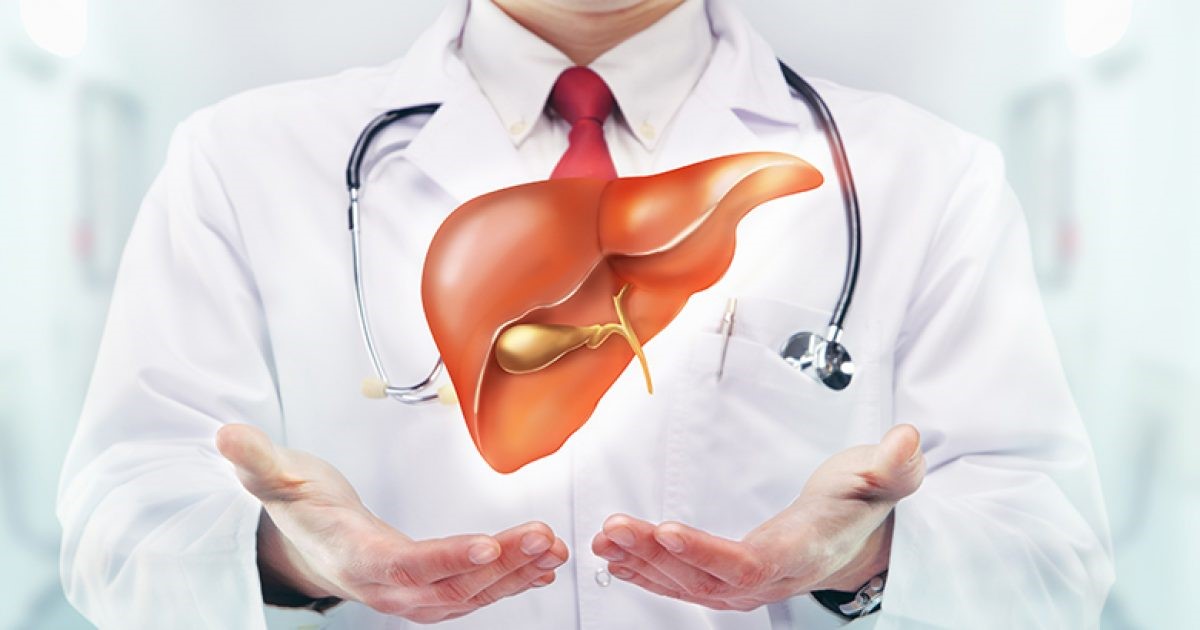The general blood test is one of the tests commonly prescribed in many medical examination and treatment cases. This test helps detect common diseases and is also used in cases of early screening, premarital examination, general health check, ... So the general blood test includes what? What needs to be considered before a blood test and how normal is the result supposed to be? Join us to answer those questions right in this article.
1. The concept of blood test
A blood test, also known as a hematology test, is a test done on a blood sample to measure the amount of certain substances in the blood or to count different types of blood cells. Blood tests may be done to look for signs of disease or pathogens, check for antibodies or signs of a tumor, or to evaluate the effectiveness of treatments.
1.1. What is a general blood test
A general blood test is one of the routine blood tests indicated in many medical situations. Test every 6 months to help detect common diseases and is also used in early screening of diseases, premarital examination, general health check, ...
1.2. What is a general blood test included
Basic general blood tests include the following:
+ Examination and examination, height, weight, blood pressure.
+ Check blood type: let the patient know which blood type they belong to (blood type A, AB, O, ...) or other rare blood types.
+ Tests the blood count to show patients whether they have blood-related diseases such as leukemia, red blood cells, platelets, hemolysis, marrow failure, anemia, blood cancer or not.
+ Check liver function (SGOT, SGPT) and kidney function such as blood urea, creatinine.
+ Check blood sugar and diagnose the risk of diabetes.
+ Determination of cholesterol and triglyceride content through blood fat test. If these 2 indicators exceed the allowable level, the patient is more likely to develop cardiovascular-related diseases.
+ Disorders of blood fats (cholesterol, triglycerides, HDL-C)
+ Liver diseases such as hepatitis A, B, C, E, D, ... cirrhosis, increase in liver enzymes, liver cancer, ...
2. Notes to remember before taking the test
+ Do not take the drug before going to the blood test: some tests only give accurate results when the patient does not eat or drink anything 4-6 hours before the test, or does not eat breakfast after waking up (such as tests that check for diseases related to blood sugar and cholesterol, such as diabetes mellitus, cardiovascular disease, hepatobiliary disease).
+ Patients should avoid using stimulants such as alcohol, tobacco, coffee, ... a few hours before taking blood for the test.
+ Some other tests, patients do not need to fast before taking blood such as HIV, kidney failure, hyperthyroidism, Alzheimer's (dementia in the elderly) ...
The best time to have a blood drawn is in the morning. When taking blood, within 12 hours. Before that, patients need to fast, not drink soft drinks, fruit juices, milk, alcohol, ... Blood biochemical indicators of some tests. If done at the wrong time, after eating or after taking stimulants. Will give inaccurate results.












 A12 - 55 - 57 Lê Trọng Tấn, Khu phố Bình Đường 2, Phường An Bình, TP. Dĩ An, Bình Dương
A12 - 55 - 57 Lê Trọng Tấn, Khu phố Bình Đường 2, Phường An Bình, TP. Dĩ An, Bình Dương Điện thoại: 0274.3792 803 - 0274.3790 106 - Số hotline: 0943 508 778
Điện thoại: 0274.3792 803 - 0274.3790 106 - Số hotline: 0943 508 778 medicdian@gmail.com
medicdian@gmail.com www.medicdian.com
www.medicdian.com
